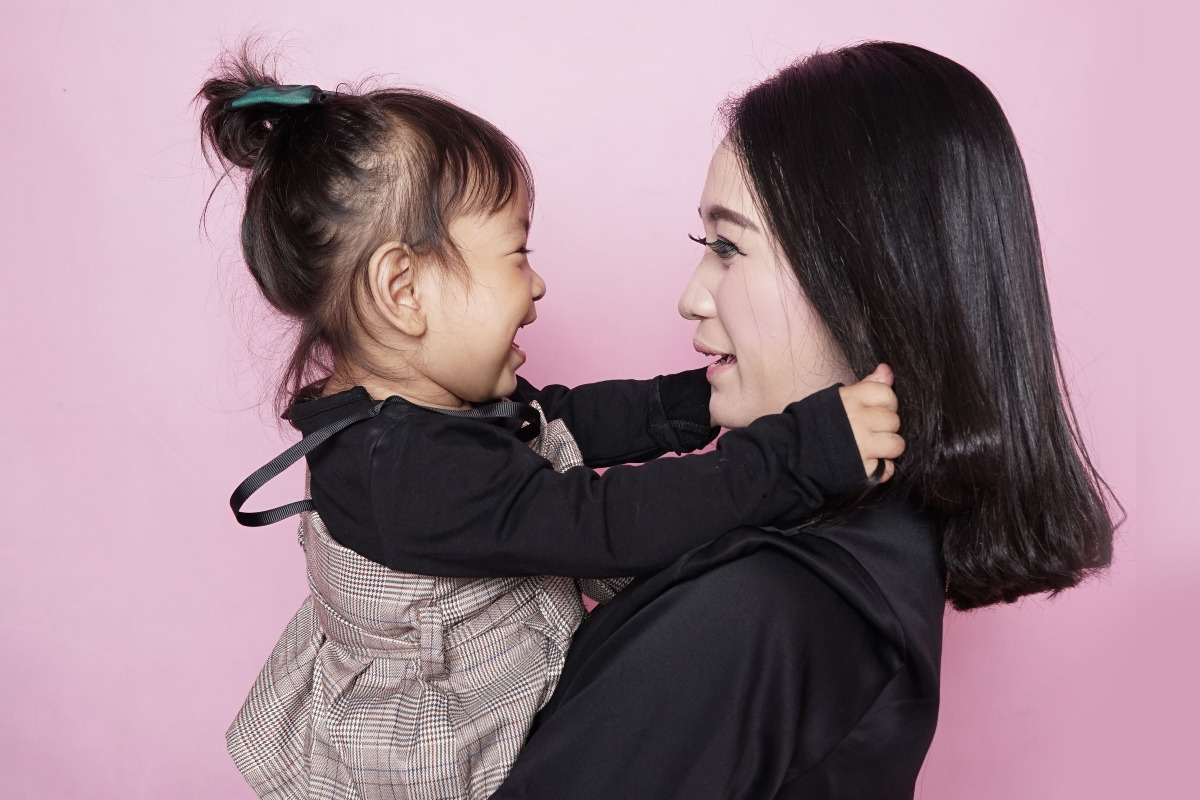
The way we parent our children influences them through childhood and beyond. When a parent is struggling with substance abuse, it affects the way they parent. As a result, a child may develop different attachment styles and experience trauma. When children undergo traumatic experiences with a parent abusing substances, they are more likely to abuse substances themselves.
Attachment Theory
According to a study published in the Wiley Journal by the Journal of Pediatrics and Child Health in 2018, attachment theory is defined as “[A]n in-born system in the brain that evolves in ways that influence and organize motivational, emotional and memory processes with respect to significant caregiving figures.” According to the attachment theory, there are four types of attachment.
#1. Ambivalent Attachment
Children with an ambivalent attachment style become highly distressed when a parent leaves. Ambivalent attachment style usually develops when a child cannot rely on a primary caregiver when they are needed.
#2. Avoidant Attachment
Children with an avoidant attachment style typically avoid caregivers and show no preference when choosing between a stranger and their parent. Avoidant attachment is often a result of abuse or neglect.
#3. Disorganized Attachment
Children with a disorganized attachment style often display confusing behaviors and can come across as dazed, confused, or disoriented. They may also avoid or resist their caregivers. A disorganized attachment style is typically developed due to inconsistent parent behavior; a parent may serve as both a source of comfort and fear.
#4. Secure Attachment
Children with a secure attachment style become stressed when a parent leaves and express joy when a parent returns. These children are comfortable seeking comfort and reassurance from their parents. This is often a result of a child being able to depend on their parent.
Attachment Theory and Trauma
Trauma can affect the style of attachment a child develops. When a parent or caregiver struggles with addiction, a child is more at risk of developing trauma. Early life traumatic events can disrupt the formation of a secure attachment with a parent.
Attachment, Trauma, and Substance Abuse
When a child develops an ambivalent, avoidant, or disorganized attachment style, they can significantly struggle through life. They may have difficulty maintaining healthy boundaries and managing stress, relationships, and trust in themselves.
As a result of the effects of attachment styles, some individuals may turn to substances to cope. However, drugs and alcohol can worsen negative feelings, influencing individuals to use more of a substance to continue to mask their feelings. As a result, they risk developing an addiction.
The way you parent affects your children. Attachment styles, trauma, and substance abuse are all linked; when a child experiences trauma due to a parent or caregiver, they are less likely to develop a secure attachment style and more likely to abuse substances. If you are a parent struggling with addiction, The Guest House is here to help. Our treatment facility in Silver Springs, Florida, can help you become the parent you want to be. Through various traditional and holistic approaches to treatment, you can find the healing you deserve. Call The Guest House today at (855) 483-7800.